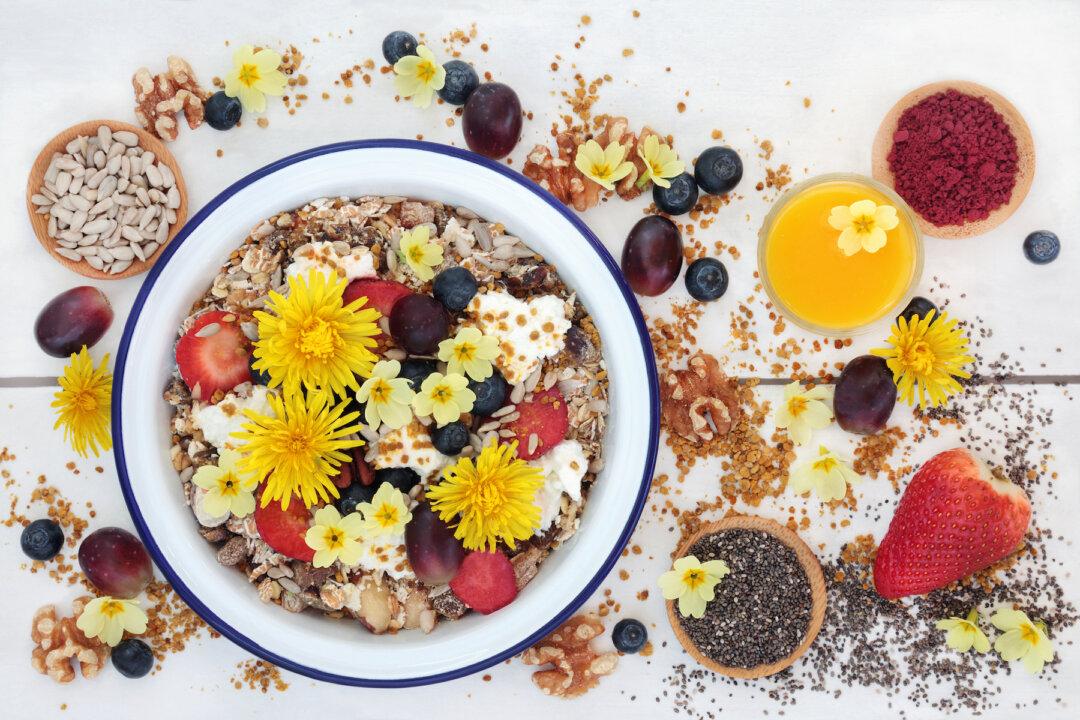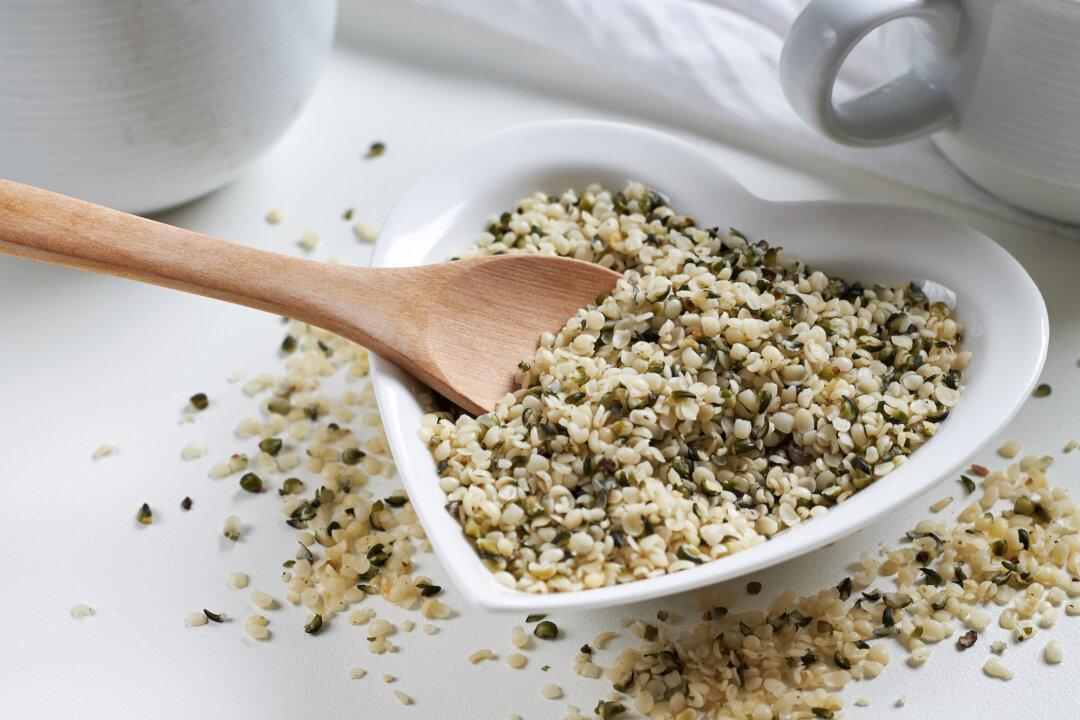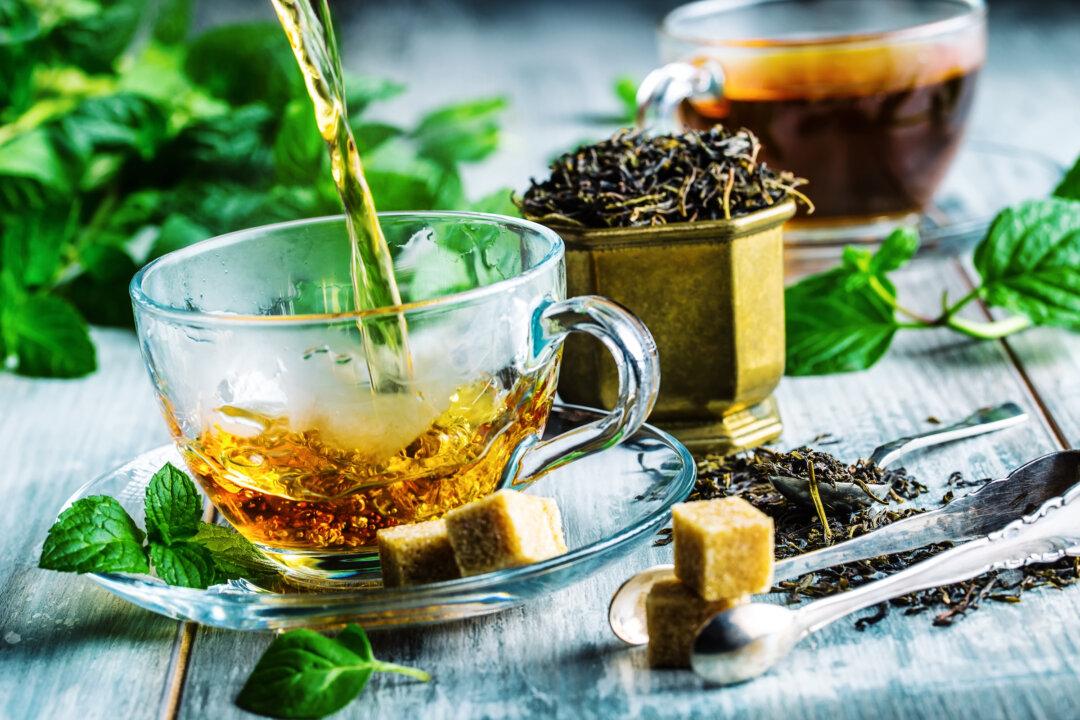With its disabling loss of cognition, judgment, and memory, dementia is a truly devastating condition. And it is becoming more widespread. Alzheimer’s disease – the most common cause of dementia among older adults – is currently affecting over 6.2 million Americans. Experts predict that the incidence will double by the year 2050.

By marilyn barbone/Shutterstock
|Updated:




